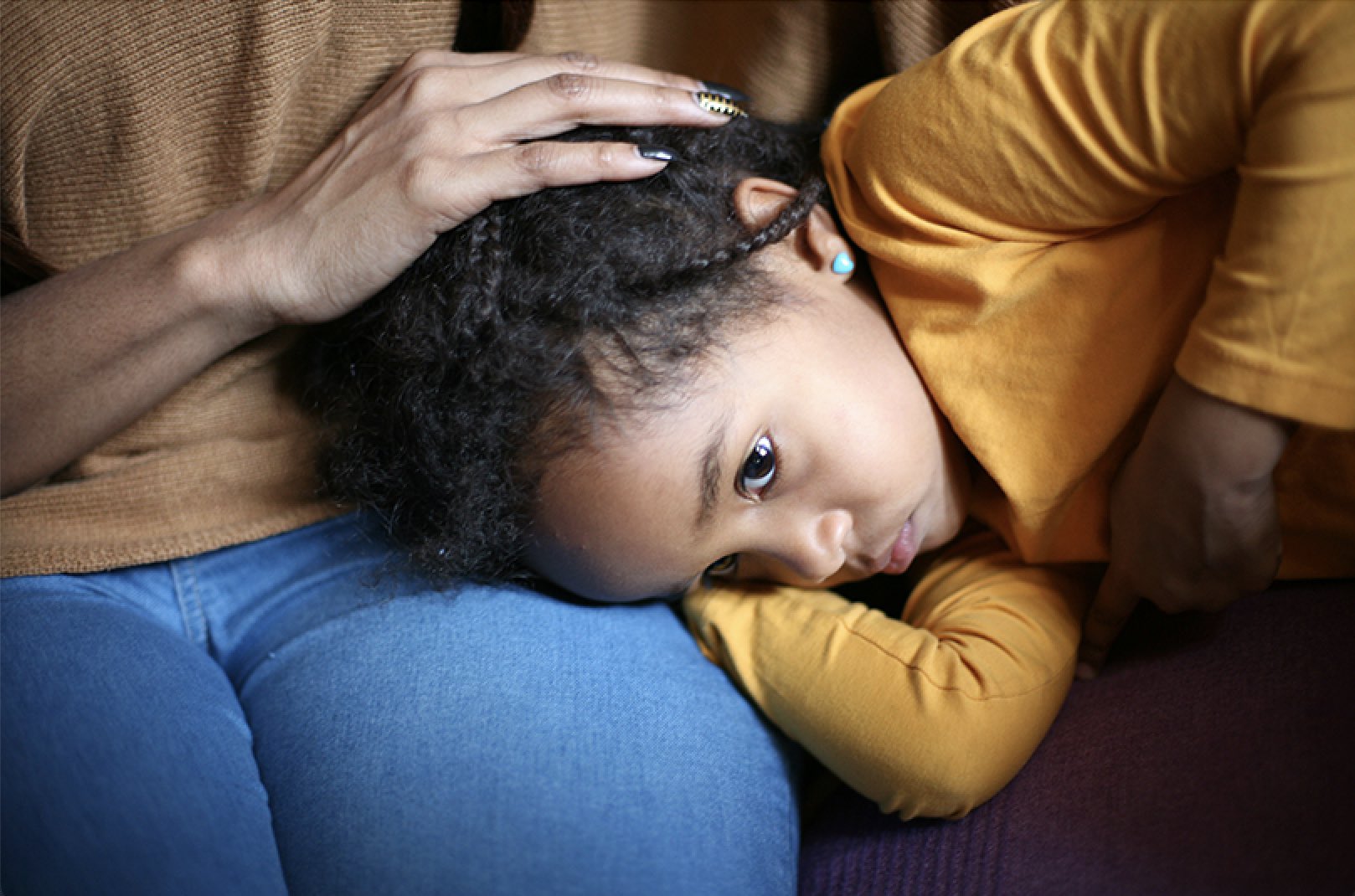Children’s mental health is in crisis, according to the experts. In the fall of 2021, the American Academy of Pediatrics, combined with several other large children’s health groups, declared a national emergency in child and adolescent mental health. Then Modern Health, a company that personalizes mental health care for members, saw patients under 18 increase by 360 in the first 5 months of 2022 as compared to the same time period in 2021.
“There are not enough mental health providers to meet needs of children in our state. The pandemic has exacerbated that. Infinitely,” says Emily Fredericks, Ph. D., professor of pediatrics and director of pediatric psychology at Michigan Medicine. Mental health worsened for much of the population during the first few years of the Covid pandemic. Combined with political issues, mass shootings (especially at schools), renewed Gen Z focus on the dangers of climate change, and massively increased costs of living, this may come as no surprise to parents.
Pandemics in particular are hard mentally on children. Studies done pre-Covid have found that children who isolated or quarantined during these outbreaks were more likely to have acute stress disorder and grief. 30% of these kids met the actual clinical criteria for Post-Traumatic Stress Disorder (PTSD). When children are separated from their parents or a parent dies, it can cause attachment and mental health issues. This leads to higher risk of mood disorders and suicide in adulthood. The younger the child is when this happens, the worse the outcome tends to be.
The severity of cases has also increased significantly. A study published in March showed that pediatric patients during the pandemic were “more likely to require restraints and anti-psychotics” than those in treatment just before the pandemic. Suicide rates in Black children under 13 have increased, resulting in Black children being almost twice as likely to commit suicide as White children. Additionally, children who grow up in poverty are 2-3 times more likely to have mental health conditions than other children their age.
Parents and medical providers often need to be proactive in seeking mental health care. This can be especially difficult for working parents, who must take the time and mental load to receive the best care for their children. This task can also be compounded by long wait times for mental health care and time-consuming calls with insurance. It is a time- and effort-consuming task in modern America.
There are some solutions to these challenges. For parents in need of care for their children who either do not have insurance or cannot afford copays and deductibles, there are clinics across the nation that operate on a free or sliding-scale fee. Telehealth, or virtual care, is also an option for those with time crunches or who live too far from available care. Virtual care cuts down on travel time. While this is a difficult subject, the Surgeon General’s report on Protecting Youth Mental Health suggests that everyone remember that “mental health challenges are real, common, and treatable.”

